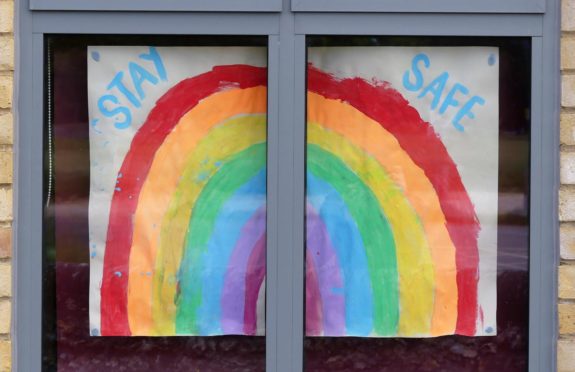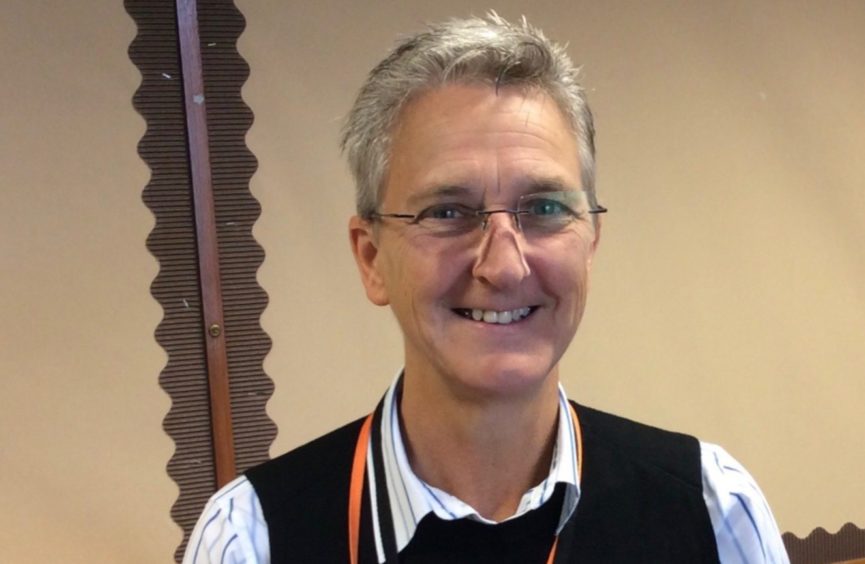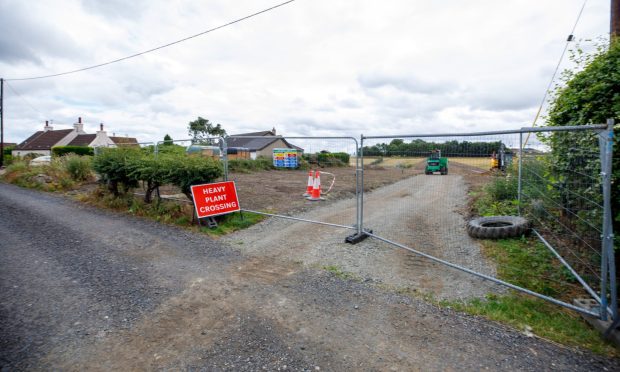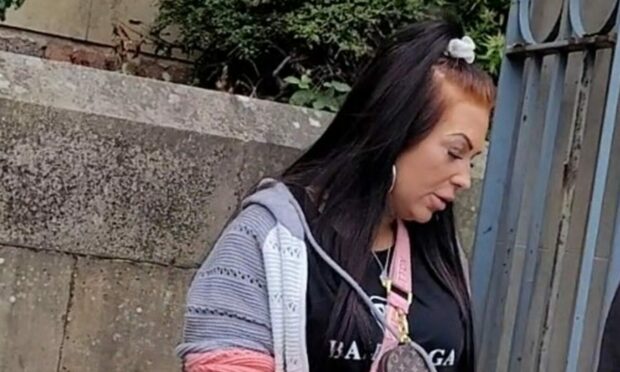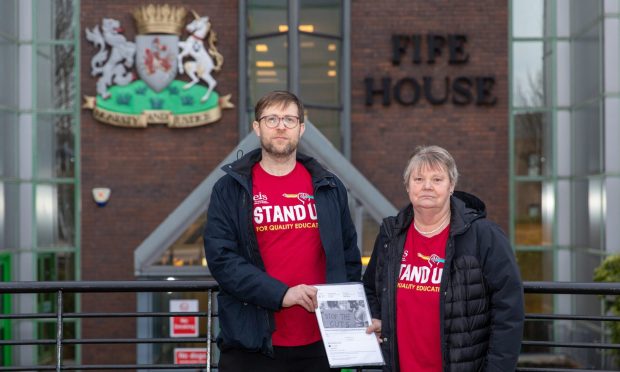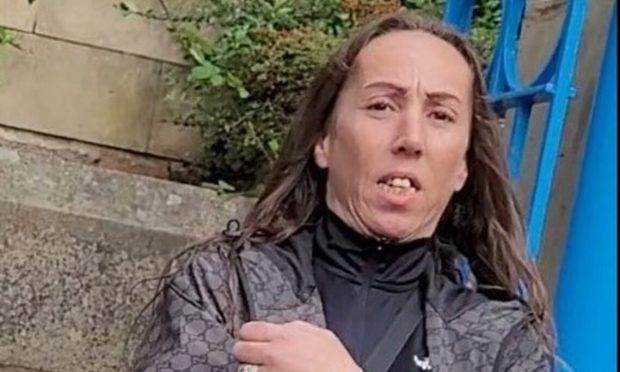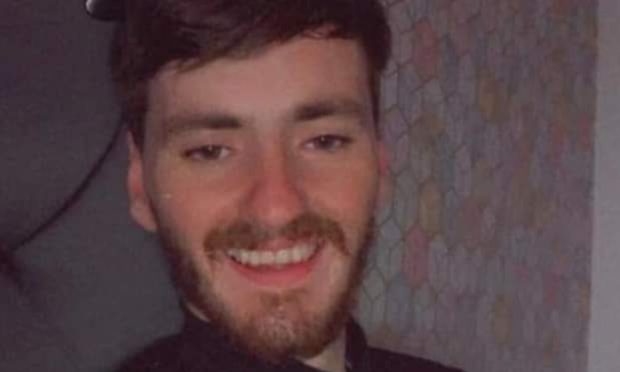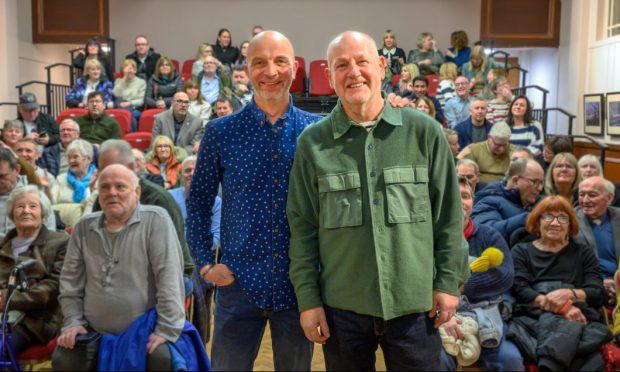Living through a global pandemic means the world is an ever-changing place and we can experience a range of emotions that stem from situations beyond our control.
Gail Penman, director of Montrose-based, New Solutions CIC, has almost 20 years of experience working in child and adolescent mental health services as well as being a private practice psychotherapist.
Since the shockwaves of March, she has been witnessing the effects of lockdown on children, families and communities and sharing coping strategies to help people get through difficult times.
“We do have to accept the mix: we may all be in the same storm, but we’re not all in the same boat,” Gail explains. “I think that is a really good description – it’s not one thing. It’s different things for different people in different situations and we need to be mindful of that.”
Established in 2018, North East Wellbeing Solutions is a not-for-profit community interest company focussed on delivering mental health programmes for children and families.
Prior to lockdown, Gail was working primarily in primary and secondary schools across Angus and the North East but also offering training and support to community organisations and workplaces. In early August, she hosted a free online workshop for parents and carers supporting children returning to school.
“It’s almost giving ourselves permission that things are different and are going to be different,” she says. “If we can get our heads round that, then we are more likely to be able to deal with the fact that there’s another change.”
She goes on to say if you’re someone who doesn’t manage and deal with change very well then this becomes a more difficult task.
“I deal with people individually, but there is also a global message about how we learn what is this ‘new normal’ and how do we equip ourselves with the tools we may well need to deal with on-going change when we are creatures of habit,” she continues.
“Humans like predictability – that’s just part of how we are made – so when there is unpredictability we need understanding.
“I think knowledge is power, so having knowledge of what’s happening can be really useful. If, however, you are someone that tends towards anxiety then knowledge can be too much and overpowering.”
One of the things Gail encourages people to focus on is the idea that if we can’t get rid of the pandemic, how can we manage it instead? She also asks people to consider if there have been any aspects of lockdown that they would like to hold on to.
She explains: “I quite enjoyed the start of it – it slowed me down. Then I started to become aware of my anxiety – although I am not an anxious person – I was aware of how it just felt different, then the reality hit that we couldn’t do certain things.
“At the start of lockdown, we were talking about stories of kindness, of survival, of community – these are the things we should not forget. They have not gone – it’s just shifted a little bit.
“Now, I know some of my neighbours that I never knew before because we stood outside on a Thursday night or we were making sure people were ok and dropping off goods for those who couldn’t get out themselves.”
She goes on: “Five months at home has been great for some families – it has been very challenging for others. For many families I work with, lockdown has been a real challenge financially and emotionally.”
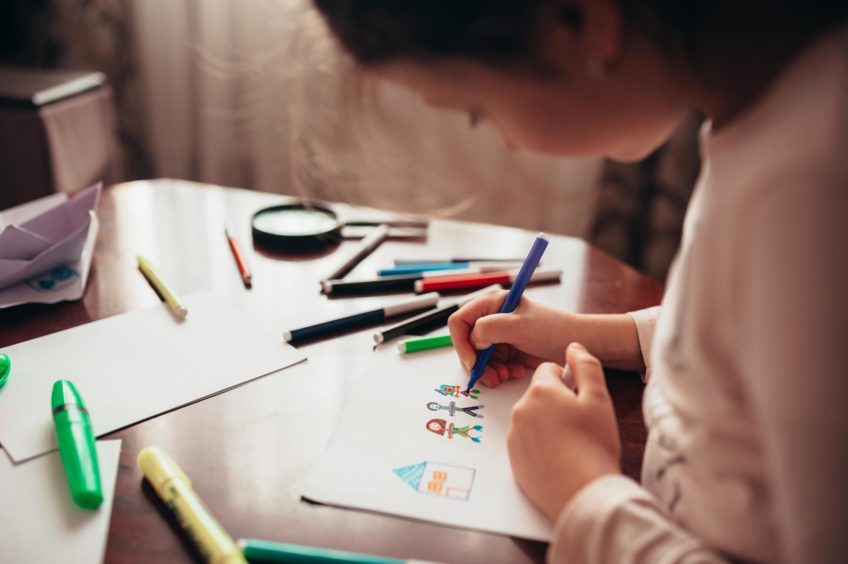
Gail adds that there may well be repercussions in the future: “I think we will be dealing with some things out of lockdown. I don’t know what they will be but I expect we will have anxieties and presentations that we will be able to relate to this time.”
The return to school in August was a big deal for parents, children and also teachers. During Gail’s webinar, she touched on topics such as: supporting children to cope with uncertainty and worries when we don’t have all the answers; preparing children for changes; re-establishing routines and how to model calmness.
“Uncertainty can make us all worry. The perceived threat of uncertainty can cause anxiety and result in stress responses,” Gail explains.
She goes on: “Our children watch us, they take note of how we respond and how we behave.”
She also says it’s also important children understand that the restrictions we are experiencing are not about staying apart – but rather keeping ourselves and others safe.
For Gail, understanding and kindness is key. We can’t make assumptions about anyone’s personal situation and this extends beyond the school gates to work places and communities, too.
For those struggling with isolation or productivity working from home, Gail says it’s vital that managers be mindful of other people’s needs: “Not to have expectations that your workforce are all the same. We need to listen as well as we speak.”
